Navigating the landscape of personal injury law can sometimes be as bewildering as the injury itself. You might wonder why a personal injury lawyer might decline to take on your case even when the fault seems clear-cut.
It’s essential to understand that personal injury lawyers often work on a contingency basis, meaning they are paid only if they secure a favorable outcome. This structure motivates them to take on cases they are likely to win. Nevertheless, there can be several reasons for a lawyer’s refusal to accept your case, ranging from a lack of evidence to conflicts of interest.
However, it is important to know that these are highly subjective and are influenced by an attorney’s experience, area of expertise, and confidence. Just because one lawyer does not take your case does not mean another can’t. If you are in the Denver area and have suffered a personal injury at the hands of a vehicle motorist, Call Paul to get a second opinion. With years of experience, we can determine if your case holds water and counsel you on how best to present your case to get you the compensation you deserve.
Table of Contents
Insufficient Evidence or Unclear Liability
The prime reason for an attorney’s reluctance might be insufficient evidence or unclear liability. A report by the National Highway Traffic Safety Administration indicates that 94 percent of vehicle accidents are due to human error. However, establishing this in a court of law isn’t always straightforward. When the details surrounding your injury are unclear or the other party’s fault isn’t evident, a lawyer may deem your case too risky.
Your Case May Appear to Lack Merit or Supporting Evidence
While personal injury attorneys fight for victims’ rights, they are also bound by ethical obligations and must ensure that their cases are backed by legitimate evidence. As a corollary to the point above, if your personal injury claim appears weak, lacks documentation, or seems to be based on speculation rather than clear facts, a lawyer may hesitate to take it on—not because they don’t believe you, but because they must be confident they can prove your case in court.
Sometimes, a lawyer might worry that a case could be perceived as a frivolous lawsuit that lacks sufficient legal basis and could be dismissed outright. Attorneys risk damaging their reputation and credibility if they bring forward cases that courts see as lacking evidence or merit.
To avoid this, come prepared with all available documentation when seeking legal counsel:
- Accident reports (police reports, workplace incident reports, etc.)
- Medical records that prove the extent of your injuries
- Photos and videos of the accident scene or your injuries
- Witness statements or contact information for those who saw what happened
- Any communications with insurance companies regarding your claim
The more evidence you bring to the initial consultation, the easier it will be for an attorney to assess the strength of your case and advocate on your behalf. If your case lacks sufficient documentation, a lawyer can also advise you on gathering the necessary evidence before proceeding.
The takeaway? A strong case starts with strong evidence—come prepared, and you increase your chances of securing legal representation.
Limited Damages
The potential financial compensation (economic damages, pain and suffering, etc.) also plays a significant role. If your injuries are minor or the medical costs are low, a lawyer may not consider it worthwhile to represent you. A balance must be struck between the prospective financial recovery and the time, effort, and cost of litigation. With the median damages awarded in personal injury lawsuits being around $31,000, cases offering significantly lesser recovery might not be enticing for a lawyer.
This Is Not Their Area of Expertise
Law is a vast field with numerous specializations. While lawyers may practice in the personal injury space, they may not be comfortable or experienced with all types of cases. For instance, a lawyer may specialize in slip-and-fall accidents but not in personal motor vehicle injury. If your case doesn’t fall within their expertise, they may decline to take it on.
There Is a Conflict of Interest
Ethically, a lawyer cannot represent a client if a conflict of interest exists, such as if they have a prior relationship with the opposing party or if they have represented them in the past. Doing so could compromise their ability to advocate in your best interest. Fortunately, this is the easiest hurdle to cross. Simply find another attorney and move on.
Expired Statute of Limitations
Finally, the legal time limit, or “statute of limitations,” for filing a lawsuit is also a deciding factor. In Colorado, this duration is typically two years from the injury date for most personal injury cases. If this limit has passed, lawyers will likely refuse your case. In other words, don’t make the mistake of waiting too long before hiring a personal injury attorney for your case, even if you suffered minor injuries.
You Have Already Accepted a Settlement Offer
If you’ve already accepted a settlement from the at-fault party’s insurance company, it may be too late for a lawyer to take on your case.
- Once you sign a settlement agreement, you typically waive your right to seek further compensation.
- Suppose the settlement is inadequate to cover future medical expenses or lost wages. In that case, an attorney will likely be unable to renegotiate or take legal action unless bad faith insurance practices are involved.
This is why consulting with a personal injury lawyer before agreeing to any settlement is crucial—insurance companies often offer lowball amounts to close cases quickly.
Don’t Give Up on Finding the Right Lawyer for You
Despite these reasons, remember that each attorney is different, with their own risk tolerance, experience, expertise, and caseload. It’s imperative to consult with multiple attorneys before deciding, even if you were partially at fault.
Colorado operates under a modified comparative fault rule, meaning that a plaintiff can recover damages even if they are 49 percent at fault but not if they are 50 percent or more at fault. This can often be subjective, and another attorney may have a different opinion, underscoring the importance of seeking multiple consultations.
When seeking a consultation, equip yourself with as much information about your accident, injuries, and any associated medical expenses as possible. Any information that establishes the liability of the other party is valuable. Despite the challenges, remember that personal injury lawyers are there to assist and guide you through this process.
Persistence is key in the realm of personal injury law. Even an initial rejection should not deter you from pursuing the compensation you deserve. Colorado’s comparative fault rule ensures that injured parties can recover damages, even if they are partly to blame. Therefore, hiring a seasoned attorney who can navigate these intricate laws and champion your cause is vital.
While personal injury law may seem complicated, understanding why a lawyer might refuse your case can help you better prepare and ultimately find the right legal representation. So, no matter the potential hurdles, strive for justice and don’t let the intricacies of the law discourage you from seeking the compensation you rightfully deserve. Remember, the right help may just be a call (Paul) away.


